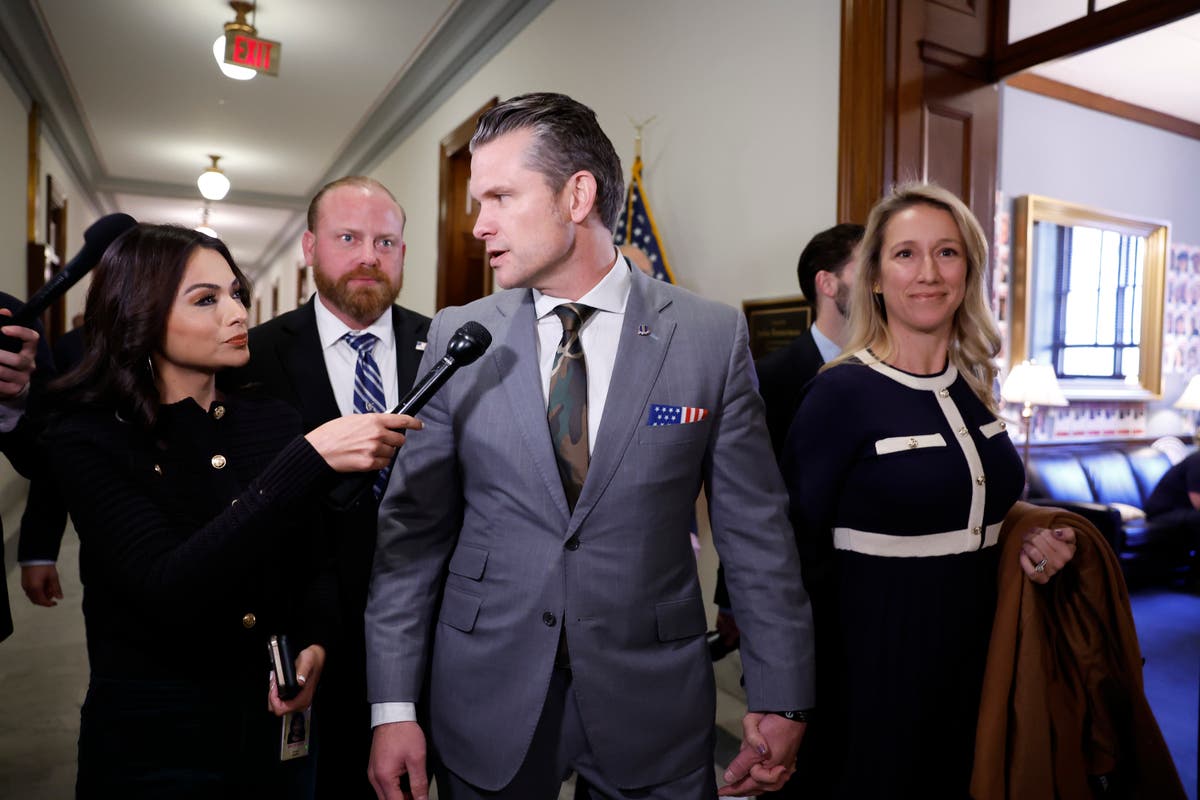- Sweden has used to be a part of NATO, and the alliance has largely welcomed its possible addition.
- NATO officials are specifically fascinated in Sweden’s air power, which has dozens of innovative jets.
- But Swedish pilots are disappointed with policy variations, and numerous are thinking of leaving company.
Even as Sweden prepares to join NATO, Sweden’s air drive has a trouble. Its most skilled fighter pilots are quitting.
“In the slide, around fifty percent of the Swedish Armed Forces’ fighter pilots might take leave or resign entirely,” Swedish broadcaster SVT claimed in July.
The dilemma is changes to the retirement method, in accordance to the trade union representing the pilots.
“In the earlier, pilots have been capable to retire at the age of 55,” Jesper Tengroth, spokesman for the Swedish Affiliation of Military Officers, told Insider. “But for those born in 1988 or later on, the retirement age was raised a couple of years ago to 67, without any compensation.”
Swedish Armed Forces
Even Swedish leaders confess there is a issue. “Right away, they all had their retirement age lifted at as soon as,” said Maj. Gen. Carl-Johan Edström, main of the Swedish Air Power. “The truth that a variety of pilots are applying for leave is pretty much 100% connected to the new pension agreement.”
Numerous of these pilots sense betrayed. “There are a whole lot of individuals my age who have been qualified and used underneath sure premises which have because been eradicated,” a person pilot informed SVT.
Not amazingly, media in Russia — which is unsatisfied with formerly nonaligned Sweden signing up for NATO — is playing up the tale. “In modern many years, the Swedish Armed Forces have been battling to recruit new pilots and keep present staff,” point out-managed outlet Sputnik Information claimed.
There are other good reasons for the pilot exodus, Jan Kallberg, a non-resident senior fellow with the Centre for European Coverage Investigation, advised Insider.
“I consider this has been ongoing for a extended time with regards to the pilots,” explained Kallberg, himself a previous Swedish military officer. “I imagine it can be the tip of the iceberg. They have felt mistreated for generations.”
PETRAS MALUKAS/AFP through Getty Visuals
Just one problem is reasonably minimal spend as opposed to the civilian sector, together with professional airlines that are hungry for pilots and willing to fork out high salaries.
A different is post-Chilly War defense cuts that slashed the amount of traveling slots in the air force. “That means that as a substitute of leaving as a pilot at 55, they’re now caught in a defense desk career” for years till they suitable to retire, Kallberg explained. Sweden’s federal government intends to ramp up protection expending in the coming several years but is even now debating how to do so.
In contrast to the US armed service, whose staff obtain a housing allowance, Swedish pilots spend for their own housing. Sweden’s entry into NATO could result in some mothballed airbases staying reactivated, which in convert would demand pilots to fork out for new lodging when they transfer to the new facilities.
Ironically, the dilemma most possible to stress NATO leaders – how will a pilot lack have an effect on Sweden’s navy functionality – may possibly essentially be the minimum difficult. Sweden has a powerful air power, core of which is 6 squadrons comprising 96 JAS 39 C/D Gripen fighters.
Even so, Sweden’s main contribution to NATO is not jet fighters but geography, argues Kallberg. “Sweden presents operational depth in the significant north. NATO will be ready to function air wings from a number of Swedish airfields.”
US Air Drive/Lawrence Crespo
Earlier, NATO had to count on a couple bases on the Norwegian coastline to project energy into the Barents Sea, which also borders sensitive army bases in northern Russia.
Sweden is not only a bigger country with a lot more strategic depth than Norway, but it also features obtain to equally the Barents and the Baltic seas, which includes bases on Baltic islands that could enable NATO to counter Russian naval and air electrical power in the important Baltic region.
“If you want to conduct deterrence — or aid a struggle — in the Baltic, Sweden is a natural staging place,” Kallberg explained.
Kallberg does see challenges in the Swedish military that will need to be fixed. Even though Sweden has a long tradition of contributing troops to UN peacekeeping missions, its army — which uses conscripted troops — is unaccustomed to running in greater formations for the form of massive-device overcome that may characterize a NATO-Russia war.
But Sweden is significant about assembly its NATO commitments, Kallberg stated. “They know they will have to occur up with the troops and assets.”
Michael Peck is a defense author whose work has appeared in Forbes, Defense Information, International Policy Journal and other publications. He holds a master’s in political science. Observe him on Twitter and LinkedIn.



